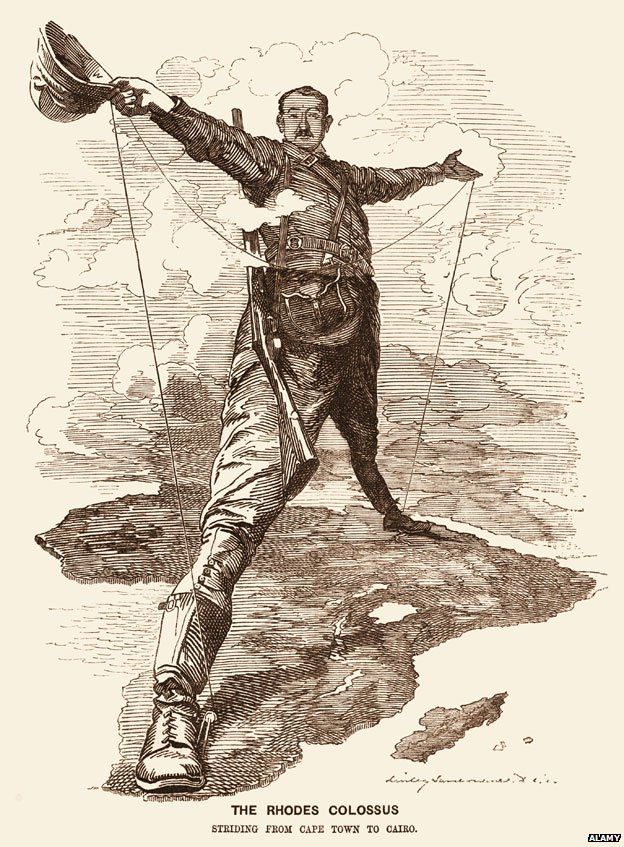From the Daily Mail on Sunday:
One senior Labour figure claimed she was networking among senior Democrats
Networking said to be with view to building a campaign and fundraising teams
In last US election, Harry and Meghan launched a thinly veiled attack at Trump
If she made it to the White House, Meghan would be first female US President
By GLEN OWEN POLITICAL EDITOR FOR THE MAIL ON SUNDAY
PUBLISHED: 17:09 EDT, 13 March 2021 | UPDATED: 21:46 EDT, 13 March 2021
… A source said: ‘The Blairite, internationalist and Democratic party networks are buzzing with talk about Meghan’s political ambitions and potential backers.’
Last year, a friend of the Duchess told Vanity Fair magazine that one of the reasons she did not give up her American citizenship when she married into the Royal Family was to allow her to keep open the option of entering Washington politics.
… US constitutional experts responded that she would have to renounce her title if she wanted to hold public office in the States, because it would cut across the US oath of allegiance.
 Back in the 2015 I described the book by Bill Clinton’s favorite professor, Carroll Quigley, on how Cecil Rhodes’ titanic fortune in Southern Africa was going to fund a vast conspiracy to restore America to the British Empire:
Back in the 2015 I described the book by Bill Clinton’s favorite professor, Carroll Quigley, on how Cecil Rhodes’ titanic fortune in Southern Africa was going to fund a vast conspiracy to restore America to the British Empire:
Quigley traces the Milner Group back to the far more colorful Cecil Rhodes’ desire to start a “Secret Society” to promote Anglo-American unity and global domination. In the first five wills written by the mining tycoon of southern Africa, Rhodes (1853-1902) called for his estate to fund a secret society to reunify America with Britain and promote Anglo settlement of the world. For example, Rhodes wrote in his first will that he was leaving his fortune:
To and for the establishment, promotion and development of a Secret Society, the true aim and object whereof shall be for the extension of British rule throughout the world, the perfecting of a system of emigration from the United Kingdom, and of colonisation by British subjects of all lands where the means of livelihood are attainable by energy, labour and enterprise, and especially the occupation by British settlers of the entire Continent of Africa, the Holy Land, the Valley of the Euphrates, the Islands of Cyprus and Candia, the whole of South America, the Islands of the Pacific not heretofore possessed by Great Britain, the whole of the Malay Archipelago, the seaboard of China and Japan, the ultimate recovery of the United States of America as an integral part of the British Empire, the inauguration of a system of Colonial representation in the Imperial Parliament which may tend to weld together the disjointed members of the Empire and, finally, the foundation of so great a Power as to render wars impossible and promote the best interests of humanity.
Rhodes hoped his Secret Society would act as the Jesuits of the British Empire:
I look into history and I read the story of the Jesuits. I see what they were able to do in a bad cause and I might say under bad leaders.
At the present day I became a member of the Masonic order. I see the wealth and power they possess the influence they hold and I think over their ceremonies and I wonder that a large body of men can devote themselves to what at times appear the most ridiculous and absurd rites without an object and without an end.
The idea gleaming and dancing before one’s eyes like a will-of-the-wisp at last frames itself into a plan. Why should we not form a secret society with but one object the furtherance of the British Empire and the bringing of the whole uncivilised world under British rule for the recovery of the United States for the making the Anglo-Saxon race but one Empire. …
In his sixth and seventh wills, Rhodes switched from calling for a Secret Society to the Rhodes Scholarships to promote Anglosphere unity. (Probably the most famous living Rhodes Scholar is Quigley’s old student Bill Clinton.) Wills are legal documents, so it’s hard to keep your Secret Society secret if you put it in your will.
Granted, Rhodes probably didn’t fully anticipate Meghan Markle, but, still, he was a far-seeing man.